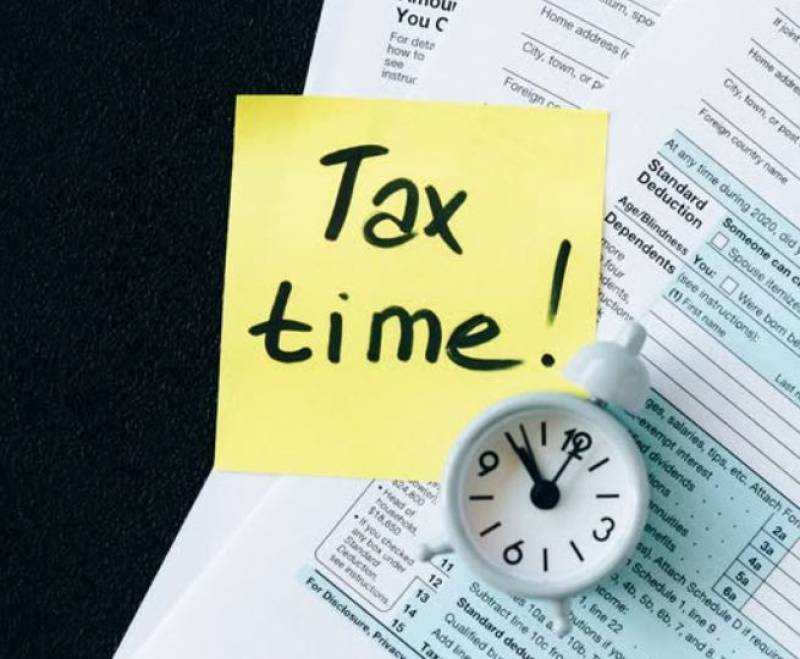
To be listed on the CAMPOSOL TODAY MAP please call +34 968 018 268.
article_detail
Understanding non-resident property taxes in Spain
A guide to the IRNR and rental income tax obligations for foreign homeowners from LS Solicitors

Non-residents who own property in Spain are subject to a specific set of tax obligations that can be unfamiliar and, at times, confusing. Among these are the Non-Resident Income Tax (Impuesto sobre la Renta de No Residentes – IRNR) and the Rental Income Tax, both of which must be filed within strict deadlines.
Understanding these requirements is crucial to avoid penalties, particularly as Spanish tax authorities are now actively cross-referencing data and pursuing unpaid taxes from previous years.
What is the Non-Resident Income Tax (IRNR)?
The IRNR is an annual income tax that applies to property owners who live in Spain for fewer than 183 days a year. Even if the property is not rented out, the Spanish Tax Agency (Agencia Tributaria) treats it as generating an imputed income, which must be declared and taxed.
Non-resident homeowners must file Form 210 and pay this tax before December 31 each year for the previous tax year. For instance, the 2024 IRNR must be submitted by December 31, 2025.
Rental Tax for non-residents
Foreign property owners who rent out their Spanish property are also required to declare this rental income. Until 2023, this was done quarterly, but the rules have since changed. As of 2024, rental income from the previous calendar year must be declared once annually, in January.
This means that any rental income earned during 2025 must be declared in January 2026 using Form 210, specifying the rental income section.
The tax rate and deductibility of expenses can vary depending on whether the taxpayer resides in another EU country. It is generally recommended to work with a fiscal representative to ensure all necessary documents are properly filed and deductions accurately claimed.
Resident or non-resident for tax purposes?
Whether a property owner is classified as a tax resident or non-resident in Spain depends on the amount of time spent in the country:
- Resident for tax purposes: Lives in Spain for 183 days or more in a calendar year.
- Non-resident for tax purposes: Lives in Spain for fewer than 183 days per year.
It is important to note that this classification is based on actual presence in the country, not on formal residency status or property ownership.
The Non-Resident Tax is not the same as IBI, which is a separate tax often known in English as council tax.
IBI (Impuesto sobre Bienes Inmuebles) is a local property tax paid to the Town Hall and applies to all property owners, whether resident or non-resident.
IRNR is a national income tax based on the ownership or rental income of a property and only applies to non-residents.
Paying the IBI does not exempt property owners from filing and paying the Non-Resident Income Tax.
Many foreign property owners are unaware of the IRNR because it has no direct equivalent in their home countries and the Spanish Tax Agency does not send reminders.
However, the agency is increasingly using data-matching tools to detect unpaid taxes and is contacting property owners for backdated payments.
To avoid complications, fines or interest charges, non-resident homeowners are strongly advised to consult a qualified fiscal representative or tax adviser who can handle the necessary filings on their behalf.
The Non-Resident Tax regime in Spain can be difficult to navigate, especially for those unfamiliar with the system. Nevertheless, staying informed and compliant is essential.
Filing IRNR before the end of the year and submitting the rental income declaration in January are two key dates that non-resident property owners in Spain should not overlook.
For help with all tax and legal issues in Spain, you can contact English-speaking experts LS Solicitors using the contact details below:
Address
La Torre Golf Resort, Town Center La Torre, Roldan, Torre Pacheco, 30709, MURCIATel: 0034 968 032 424
Loading
“International team of experts in law and economy, to help you navigate your life in Spain safely.”
 LS Solicitors & Management Solutions is a law firm and management company based in the Region of Murcia, founded in 2005.
LS Solicitors & Management Solutions is a law firm and management company based in the Region of Murcia, founded in 2005.The services covered by LS Solicitors & Management Solutions include help when buying a property in Spain, financial assistance, support during the relocation process, processing taxes on your behalf, dealing with inheritance issues and myriad other legal aid services that you may need as an expat or homeowner in Spain.
Contact details
- Telephone number: 0034 968 032 424
- Email: info@lssolicitors.es
- Website: www.lssolicitors.es
- Facebook page: www.facebook.com/lssolicitorsspain
Office addresses
LS Solicitors have three offices in the major expat areas of the Region of Murcia, including at La Torre Golf Resort, Mar Menor Golf Resort and in Los Alcázares.
La Torre Golf Resort
Town Center La Torre
Roldan Torre Pacheco
30709 Murcia
Mar Menor Golf Resort
The Boulevard
Calle Pino Carrasco 6, Local 9B
30700 Torre-Pacheco, Murcia
Los Alcázares
Plaza Río Borines
Local 62.8
30710 Los Alcázares, Murcia
Office hours
Monday to Friday: 9am-2pm
Contact Murcia Today: Editorial 000 000 000 /
Office 000 000 000
































